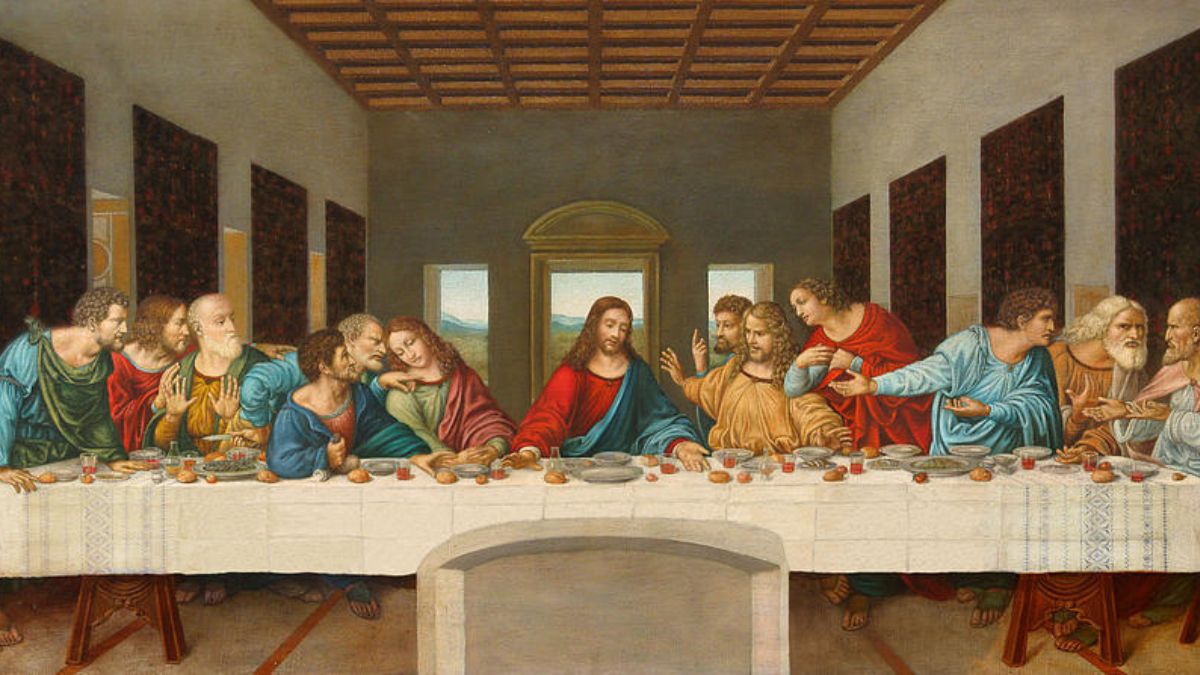

BreakPoint
Root-Hog or Die
After the last presidential election, many Christians counseled retreat from politics. Just how effective is political activism? they asked. Let's get back to reforming culture and morals. As we face another election in the upcoming days, it's time to raise that question again. Should we Christians redirect our efforts solely to cultural renewal? The answer is no. As George Will argues in a recent Newsweek column, public policy helps shape culture and character. A government that promises a cure for every ill entices people away from responsibility and self-reliance. A government that promises to take care of you no matter what choices you make dissolves accountability. Consider some examples. Government programs for the middle class—like Social Security, child-care credits, and student loans—have made it far less catastrophic for people to dissolve their families. Government programs for the poor—like welfare, food stamps, and Aid to Families with Dependent Children—have made it much easier for people to let their families and neighborhoods decay. As George Will puts it, "Big government enables people to engage in self-destructive behavior without immediately suffering the consequences." What we're witnessing is the result of a drastic redefinition of the proper role of government. In biblical teaching, government is limited to maintaining public order—by rewarding those who do good and punishing those who do wrong. But today the government's role has been redefined as therapeutic: to remove the risks and roughness of life. Often the effect is to turn the biblical pattern on its head—by rewarding people who do wrong. AFDC supports people who have children outside of marriage; Social Security makes it easier for children to ignore their aging parents; student loans allow parents to refuse to cover their children's college education, even when they can afford to. In short, by trying to make life easier, the government makes it easier to be morally lax. It removes incentives to develop strong character. The tough American character we praise in earlier generations was fostered by overcoming the toughness of life. When the first settlers touched shore in Virginia in 1607, they were nearly out of food. Captain John Smith announced a simple policy: "He who does not work will not eat." There were no grocery stores, no government food stamp programs. The settlers' survival depended on their wits, their will-power, and their work. Their colorful motto was, "Root-hog or die." This echoes the apostle Paul's dictum in 2 Thessalonians: "We worked day and night," Paul writes, because "if a man will not work, he shall not eat." This is the only way to develop character that is tough, resourceful, and responsible: by facing the toughness of life head-on, with charity reserved for the truly needy. Trying to restore values is futile unless we also reduce the role of government in our lives. You and I need to stop expecting the government to bail us out when we lead lives that are selfish and undisciplined. The nanny state makes children of us all. It's time for Americans to grow up.
10/27/94















